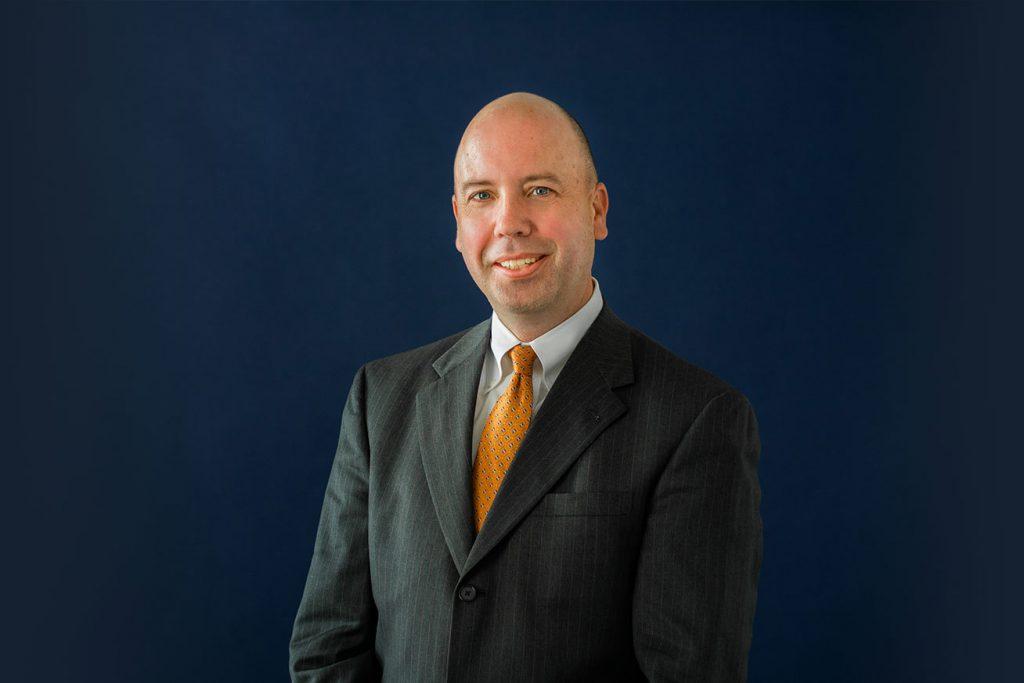Guest post by Brian D. Sullivan, Reminger Law Firm
The Ohio Supreme Court has rejected a personal injury law firm’s claim that it could sue a tortfeasor’s insurance company that did not protect its right to receive a percentage of the settlement for compensation for attorney fees. Kisling Nestico & Redick, LLC v. Progressive Max Ins. Co., Slip Opinion No. 2020-Ohio-82.
In this case, Kisling Nestico & Redick, LLC (“KNR”) was retained to represent a client who had sustained injuries in an automobile accident. KNR entered into a contingency fee agreement with its client purportedly giving KNR a charging lien on the proceeds of any insurance settlement, judgment, or verdict. KNR then attempted to negotiate with the tortfeasor’s insurance company, Progressive Max Insurance Company (“Progressive”).
KNR’s client, however, terminated KNR’s representation prior to finalization of the settlement. KNR notified Progressive that it had been discharged by its client but that it had a lien on any settlement funds paid by Progressive to the claimant. Progressive disregarded the notice of lien and settled the dispute, paying the full amount of the settlement to the claimant in exchange for a release of the tortfeasor.
When you’re a member of Alta Pro Lawyers RPG, you get instant access to malpractice prevention experts like Brian D. Sullivan. They’re part of our claim avoidance and repair program. Learn how to join here.
When is a Charging Lien Binding?
KNR sued Progressive alleging that Progressive failed to protect KNR’s disclosed charging lien. The trial court granted summary judgment in KNR’s favor. The appellate court affirmed the judgment in KNR’s favor finding that Progressive had knowledge of KNR’s charging lien when it settled the dispute and that, despite this knowledge, it distributed the settlement proceeds to the claimant.
The appellate court concluded that, under Ohio law, a charging lien becomes binding on a third party when the party has notice of the lien.
On appeal, the Ohio Supreme Court reversed the lower courts’ rulings noting that, while finding an attorney has an enforceable charging lien against funds created through the attorney’s industry, an action based upon a charging lien can only proceed against the fund that is created by the efforts of the attorney. The court found that the fund upon which the lien attached did not come into existence until the agreed upon amount was paid and a release from the claimant was received.
As Progressive did not have possession of the settlement funds at a point in time when the release was received, KNR did not have a viable claim against Progressive.
Guidance for Insurers
Because the court noted that the “key question” presented in resolving this dispute was “whether Progressive ever controlled the fund,” it remains to be seen whether the court’s holding would have been different had Progressive received an executed release from the claimant before distributing the settlement funds. Under such a scenario, Progressive would have had control over the fund created by KNR’s industry and may have been liable for failing to protect KNR’s charging lien.
In order to avoid being directly liable to a discharged lawyer, insurance companies on notice of an attorney lien should consider protecting the attorney lien or making sure that the proceeds are distributed before receipt of an executed release from the claimant.
Reminger assisted in the presentation of this issue before the Supreme Court’s by authoring an amicus brief on behalf of the Ohio Association of Civil Trial Attorneys. If you would like additional information about this case or how it may impact a particular claim, feel free to contact any of the lawyers in our Appellate Advocacy Practice Group.
This article originally appeared in Reminger Reports.
This has been prepared for informational purposes only. It does not contain legal advice or legal opinion and should not be relied upon for individual situations. Nothing herein creates an attorney-client relationship between the Reader and Reminger. The information in this document is subject to change and the Reader should not rely on the statements in this document without first consulting legal counsel.
Reminger’s risk prevention hotline is just one of the many benefits of being insured with Alta Pro. Have you logged onto the Alta Pro Lawyers RPG website, so you can start taking advantage of our practice resources? If not, get started here!

About the Author
Brian D. Sullivan is a shareholder in the Cleveland office of Reminger Co., LPA, where he is a co-chair of the firm’s appellate advocacy practice group and a leader in the insurance coverage and bad faith practice group. Contact Brian here.

















